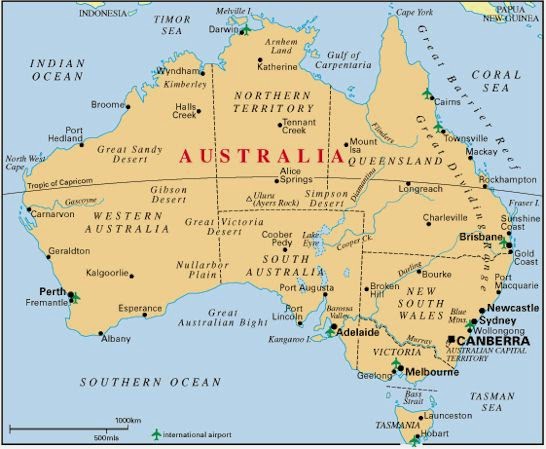
Is a newspaper edition a database? It’s an important consideration when assessing the difference between the North American and European newspaper industries’ attempts to get Google and Facebook to pay for linking the newspaper websites’ contents. European Union laws about this are different than North American. The EU defines ‘database’ as a copyrightable assemblage of information in any electronic form, thus making an online collection of stories, such as a newspaper’s website, a legal ‘database’. EU law states that, “Whereas the unauthorized extraction and/or re-utilization of the contents of a database constitute acts which serious economic and technical consequence”. So, Individuated Media companies extracting a headline, introductory sentence, or abstract of a story from newspaper website might arguably be considered an offense against the newspaper’s copyright not just of that story but of its copyright of the entire newspaper. In North America, extraction of a headline, introductory sentence, or abstract is permitted under ‘Fair Use’ exceptions to United States’ and Canadian copyright laws. That give EU publishers a legal advantage their North American cousins don’t have.
I admit that I’m not conversant about how Australia defines ‘database’. I’ve never had an Australian graduate student, so I haven’t had research that nation’s laws. Nonetheless, I oppose that nation’s current legislative attempt to force Google to pay for linking to Australian news organizations stories; proposed legislation aimed at bolstering Australia’s news industry. I agree with Sir Tim Berners-Lee, the inventor of websites, who testified to the Australian parliament that such a law contravene the open nature of his invention and would harm it. Moreover, it’s a brazen attempt by Australia’s news industry, an industry that is failing, to compensate for themselves not understanding the dynamics that have made Individuated Media companies, such as Google and Facebook, dominant online; dynamics the Australian newspaper industry could have adopted and utilized for their own success 20 years ago had its ‘new media’ executives been awake the epochal changes online. In other words, the legislation rewards the Australian news industry’s competitive failure, and likely will give it a crutch to continue failing rather than to adapt.
Many journalists might retort, ‘But we need to keep newspapers going because nothing else has replaced them as distributors of reliable information!’ I sympathize. Yet it’s their own fault that has become so: they could have done the things that Google, Facebook, CraigsList, etc., did. I know because doing many, if not most, of those things was what we proposed within the 1995-8 New Century Network consortium of eight U.S. major newspaper publishing companies. Corporate Ludditism and bickering among those companies laid those plans to waste. If any legislature is to force companies like Google or Facebook to share with the newspapers the revenues those Individuated Media companies have won by providing consumers with information distribution system superior to newspapers, then that legislature had better mandate that the newspaper industry (or what’s left of it) truly adapt to the new media environment of the 21st Century.
DID FACEBOOK CENSOR U.S. CONSERVATIVES? In of a study of 1,773 Facebook pages that received more than 100,000 ‘Like’s and frequently posted about political news between Jan. 1 and Sept. 30 of 2020, Media Matter for America found 3.5 billion politically left-leaning post, 4.2 billion ideologically non-aligned posts, and 6 billion right-leaning posts. Moreover, the left-leaning posts and right-leaning ones received an almost equal numbers of ‘Like’s (the right-learning 1% more).
Many journalists might retort, ‘But we need to keep newspapers going because nothing else has replaced them as distributors of reliable information!’ I sympathize. Yet it’s their own fault that has become so: they could have done the things that Google, Facebook, CraigsList, etc., did. I know because doing many, if not most, of those things was what we proposed within the 1995-8 New Century Network consortium of eight U.S. major newspaper publishing companies. Corporate Ludditism and bickering among those companies laid those plans to waste. If any legislature is to force companies like Google or Facebook to share with the newspapers the revenues those Individuated Media companies have won by providing consumers with information distribution system superior to newspapers, then that legislature had better mandate that the newspaper industry (or what’s left of it) truly adapt to the new media environment of the 21st Century.
Congratulations to the International Fact-Checkers Network ()IFCN) at the Poynter Institute on being nominated for a Nobel Peace Prize!
